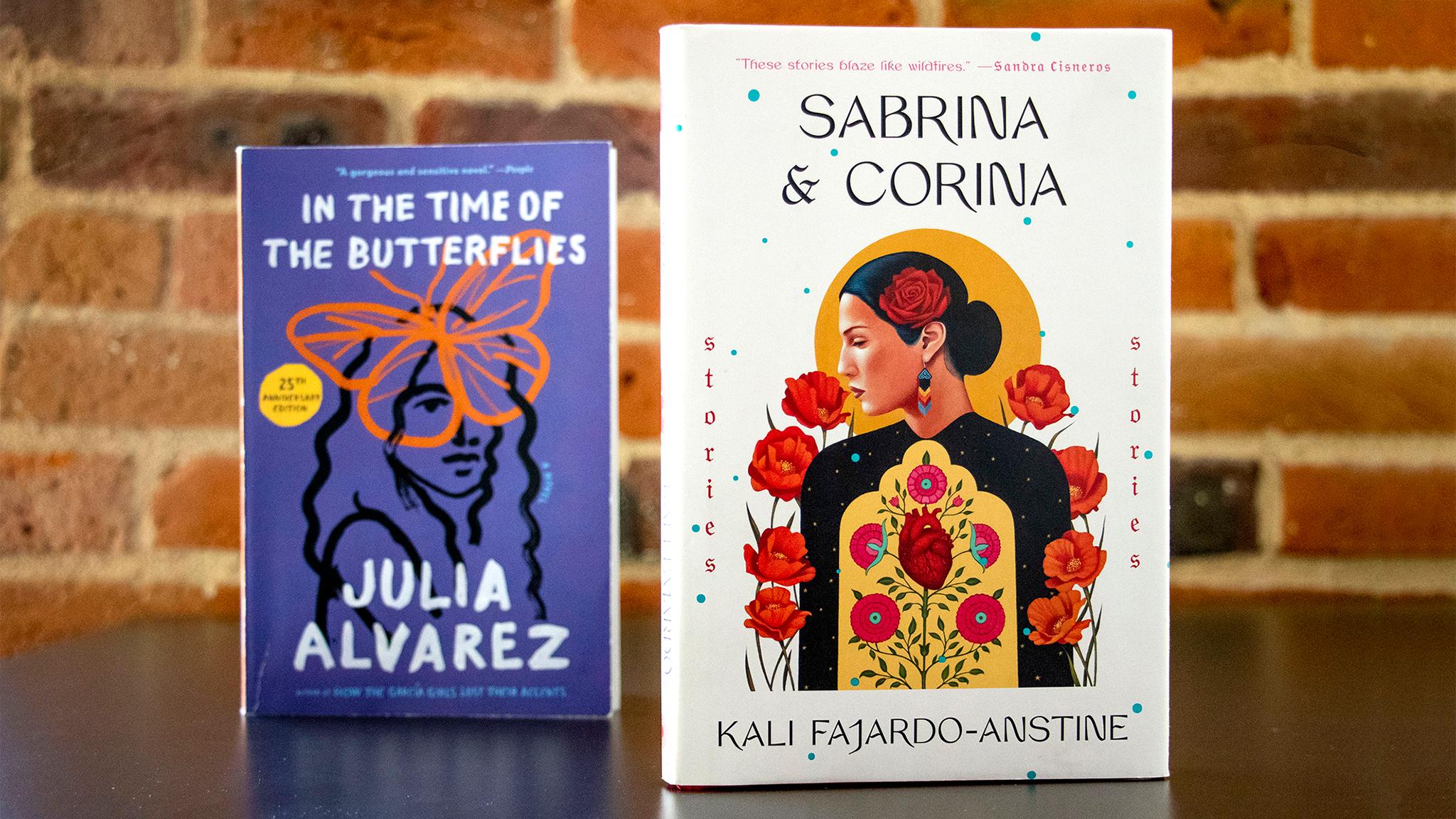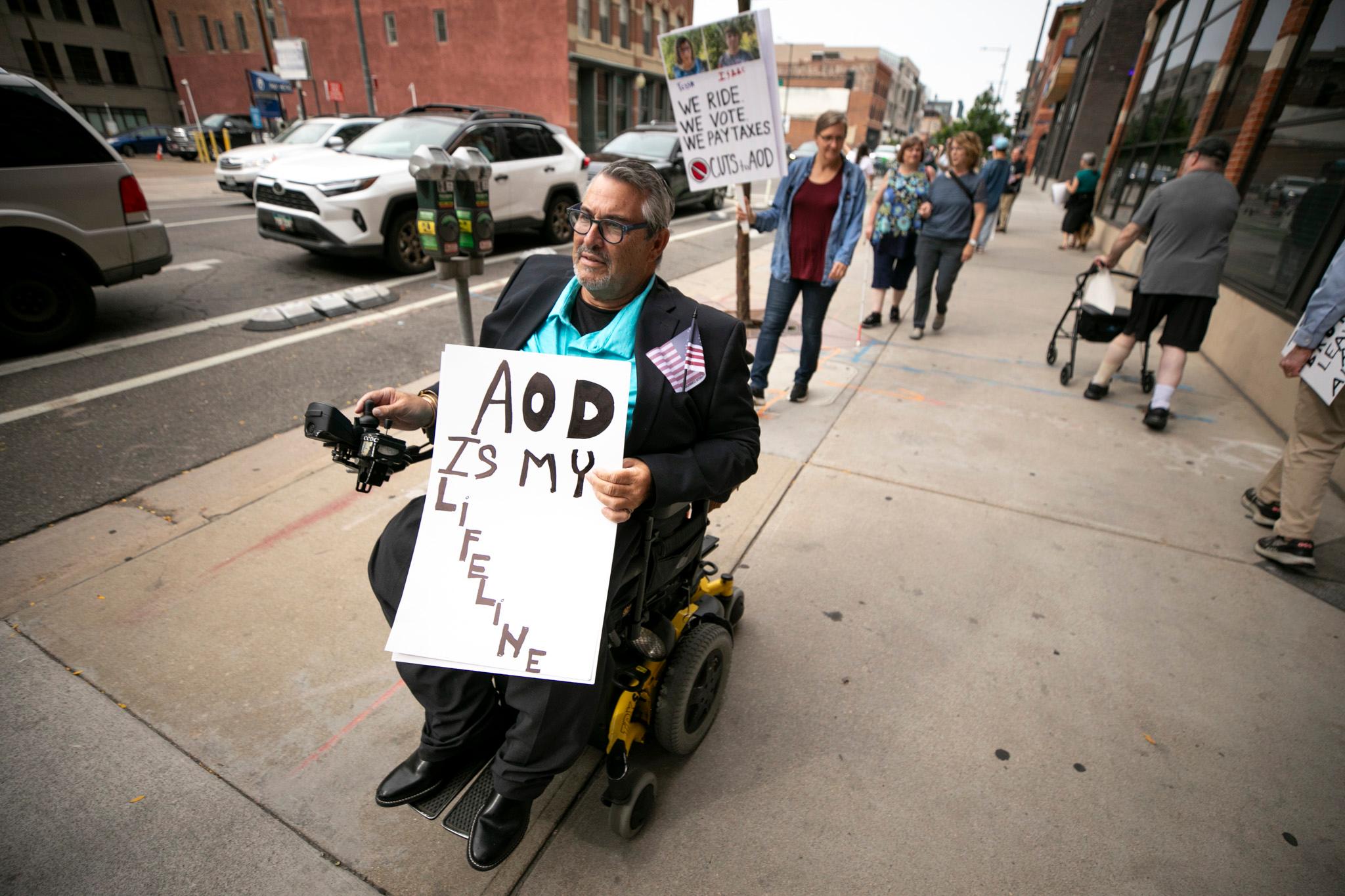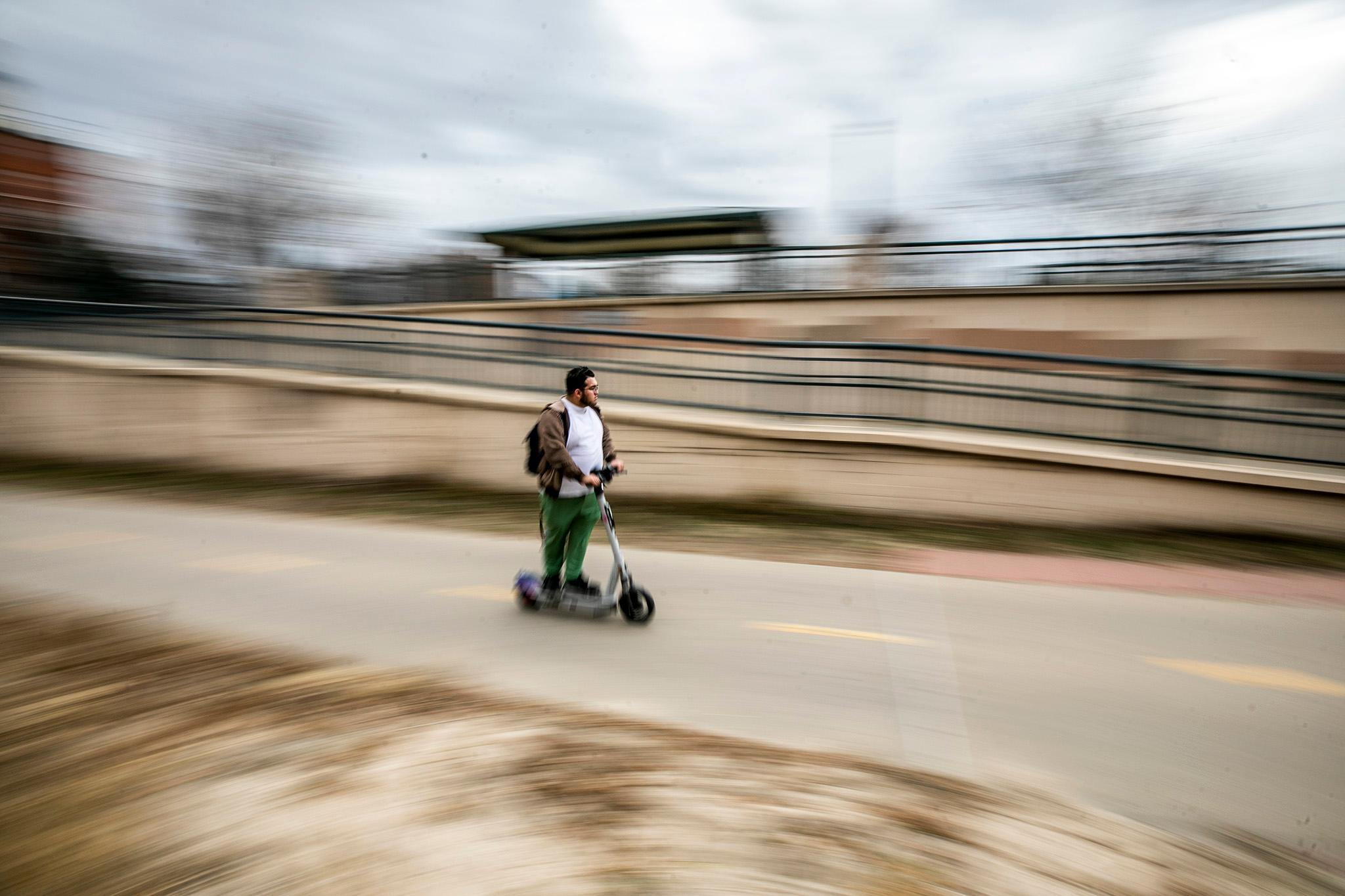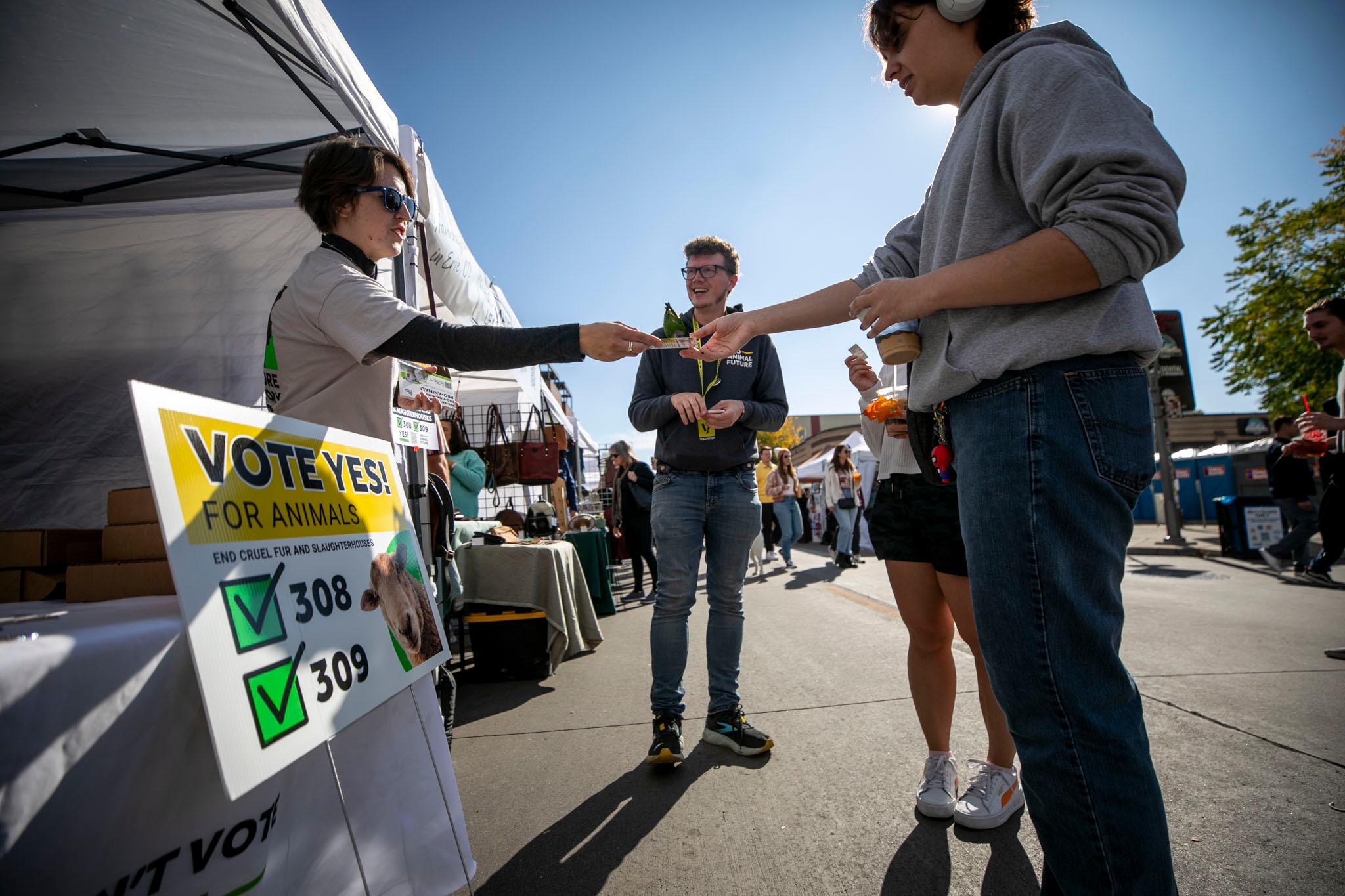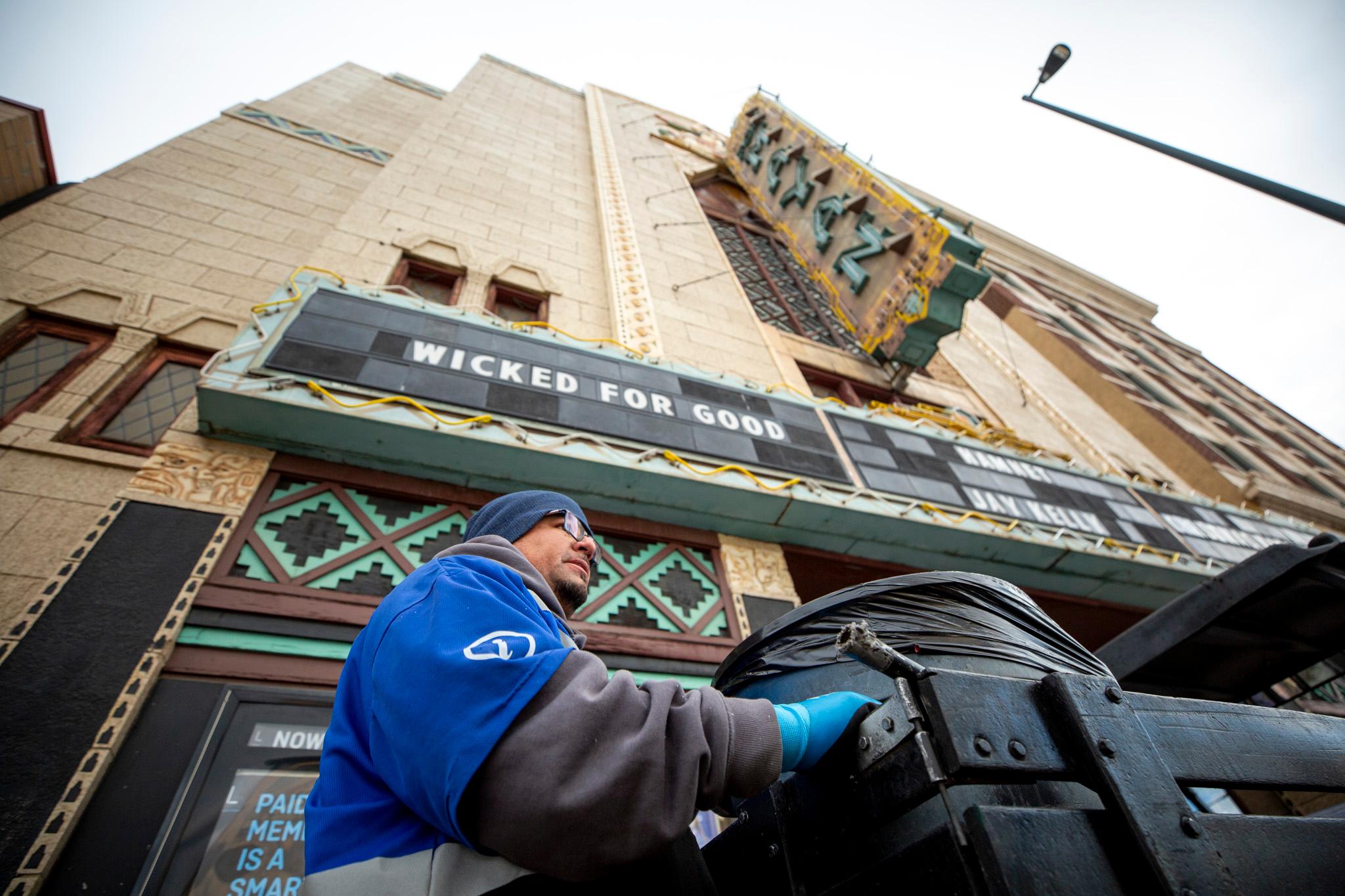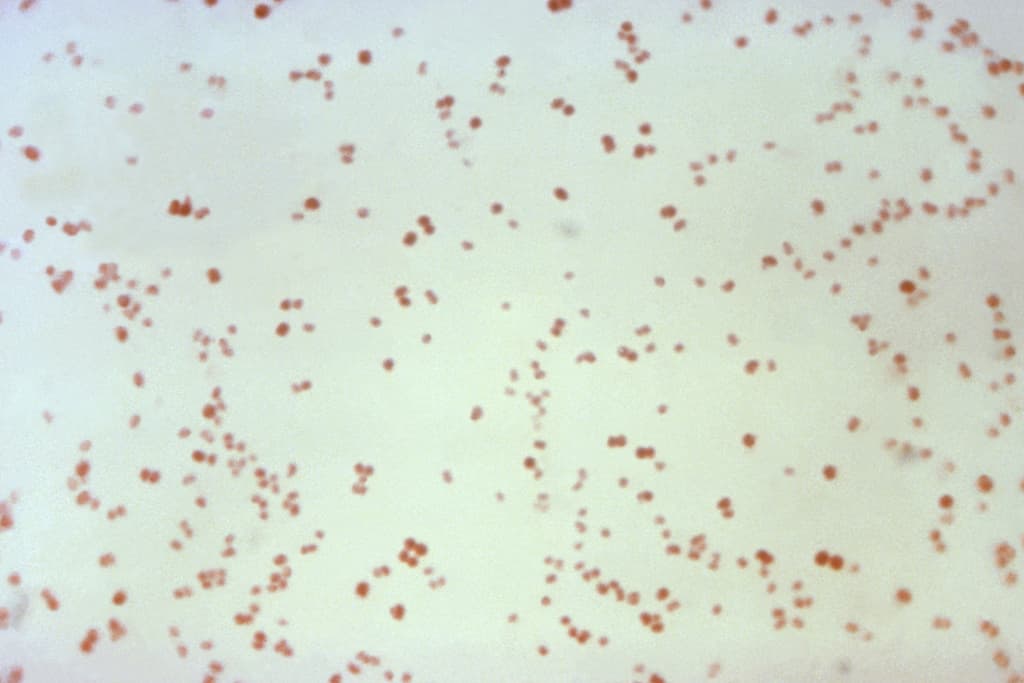As a child, Denver writer Kali Fajardo-Anstine was taken to a reading by Julia Alvarez when the Vermont-based author of "In the Time of the Butterflies" and "How the Garcia Girls Lost their Accents" came to Colorado.
At the time she and other Latinas "had so few books to really rally around," Fajardo-Anstine said. "Books like 'In the Time of the Butterflies' really made it possible for writers like myself to go forward and write our own stories."
Alvarez will be back in Denver next week. This time, Fajardo-Anstine won't be in the audience. She'll be on stage at Newman Center on Nov. 6 in conversation with Alvarez about her work.
Alvarez's "In the Time of the Butterflies," first published in 1994, is the focus of renewed attention as one of the choices for this year's "Big Read," a National Endowment for the Arts project to get people engaged in and talking about books. In Denver, Lighthouse Writers Workshop (where Fajardo-Anstine has studied and taught), Denver Arts & Venues and the Denver Public Library have partnered to put on the Nov. 6 event and others that Fajardo-Anstine calls "touch points where community members can come together."
"It's centering education and it's centering ideas," Fajardo-Anstine said of the National Endowment for the Arts initiative. Denver is one of 78 places participating in this year's Big Read.
"In the Time of the Butterflies" is a fictionalized account of the lives, the struggle for freedom and the brutal deaths in 1960 of three sisters known as Las Mariposas (the Butterflies) who had worked to topple Dominican Republic dictator Rafael Trujillo.
The three women each tell their own stories in passages interwoven with observations by Dede, the sister who survived and who "feels bad when she can't carry off what she considers her responsibility. To be the grande dame of the beautiful, terrible past. But it is an impossible task, impossible! After all, she is the only one left to manage the terrible, beautiful present," the author writes.
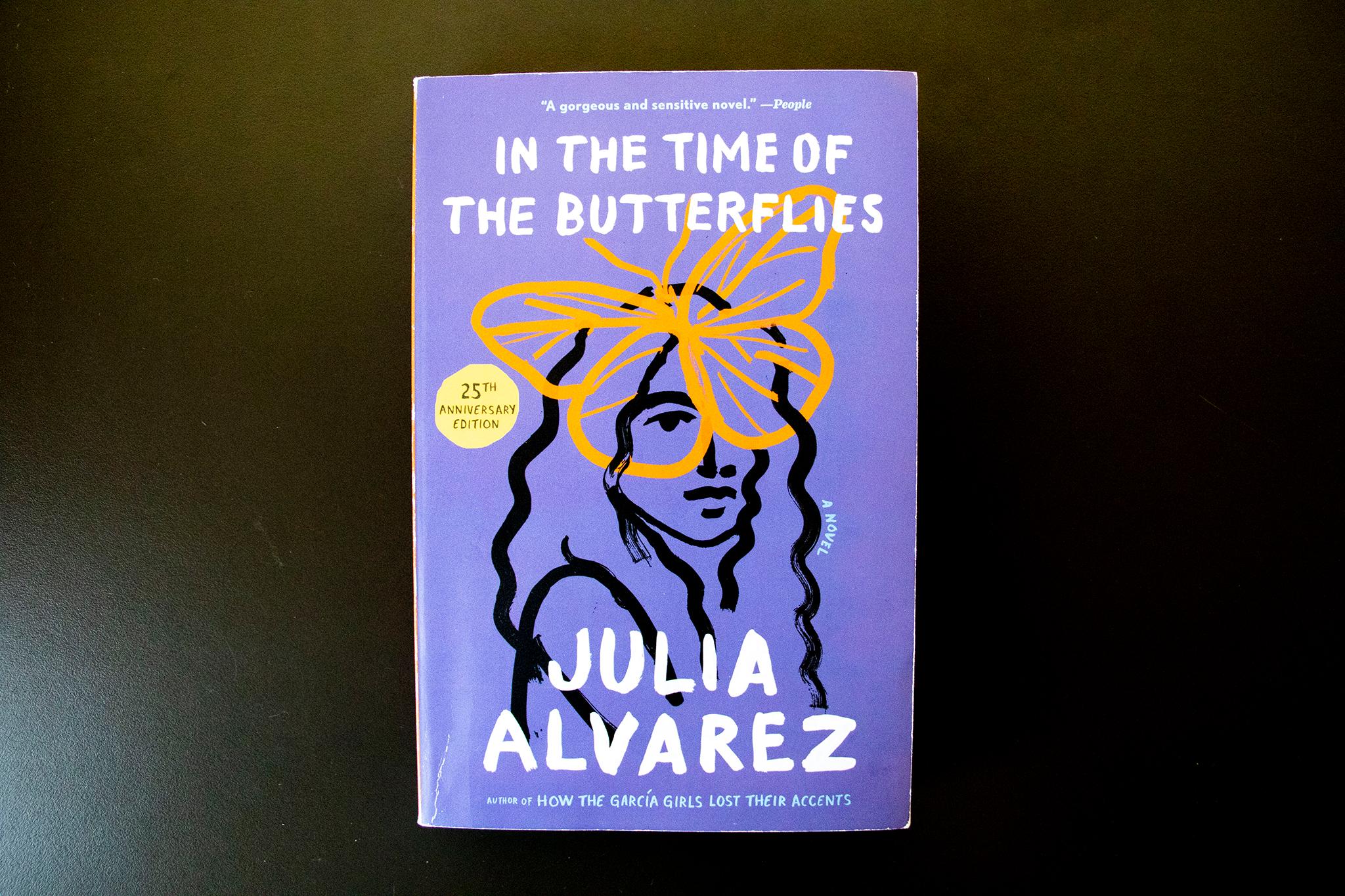
Alvarez's family fled the Dominican Republic just months before the Mirabal sisters -- Patria, Minerva and Maria Teresa -- were murdered by the Trujillo regime.
"They inspired the United Nations to establish Nov. 25, the day of their murder, as an international day to eliminate all violence against women," Alvarez wrote in an essay accompanying a 25th anniversary edition of her book.
"Violence against helpless and hapless groups of people is still a fact of life in the United States, in Latin America and throughout the world. In the name of national sovereignty and safety, governments are violating the rights of those seeking political asylum," Alvarez added. "My hope is that this story will make the pleas of those seeking refuge from violent regimes ever more credible, and their plight more vivid."
The violence women endure is a concern that Fajardo-Anstine explores in her debut book, a collection of short stories titled "Sabrina & Corina" that has been short-listed for this year's National Book Awards. Fajardo-Anstine and Alvarez have other touch points, including an ability to approach grief and other dark themes with grace and even occasional humor.
Fajardo-Anstine said appearing alongside Alvarez in Denver is an "incredible privilege."
"I'm a reader who just adores the work," she said of Alvarez.
The admiration is mutual. Alvarez has compared Fajardo-Anstine to Alice Munro and Toni Morrison.
Fajardo-Anstine, now 32, was 26 when she completed "Sabrina & Corina," set in Denver and elsewhere in Colorado, where she has deep family roots.
She struggled to find a publisher in the intervening years and said initially it did not get much national attention.
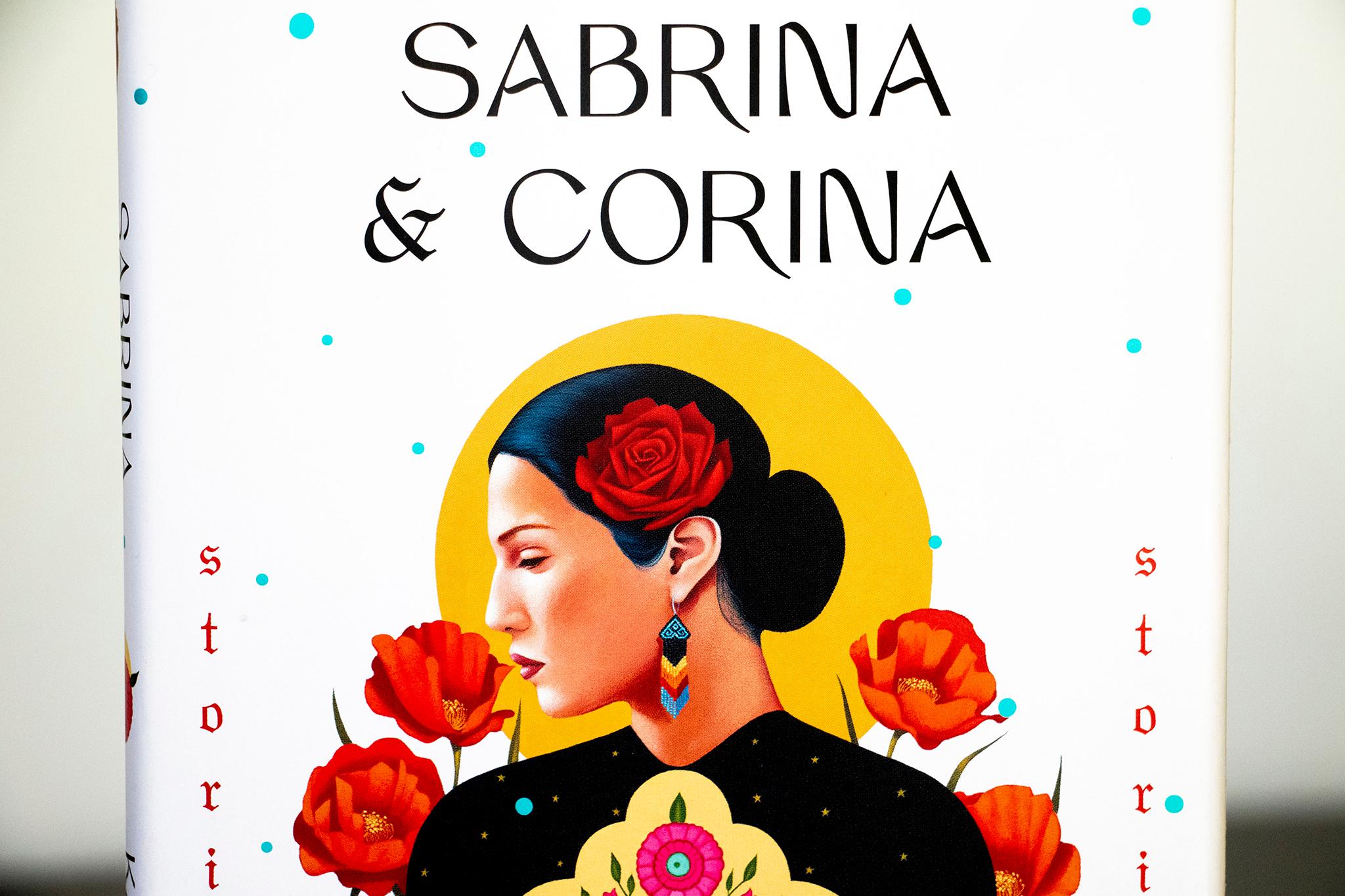
"Right now, it feels magical," she said of her book's growing prominence. "It feels surreal. It also feels that books like mine deserve these honors."
The mothers, daughters, sisters and women who are like sisters in the taut stories of "Sabrina and Corina" struggle with society's low expectations. And even more with disappointment in themselves. They also let one another down. Fajardo-Anstine has no time for platitudes or happy endings. She brings to mind Zola in her insistence on honesty.
Fajardo-Anstine spoke of the importance of diverse stories being heard.
"It's not that these stories aren't being written," she said. "It's that we face so much rejection."
The observation brings to mind a line Alvarez wrote for Dede in "In the Time of the Butterflies: "We had lost hope, and we needed a story to understand what had happened to us."
At Newman Center, Fajardo-Anstine said one of the subjects she wants to explore with Alvarez is where to find the energy to keep writing. Alvarez, she notes, has published some two dozen books that include nonfiction, poetry and children's literature. She called her fellow writer a "powerhouse for decades."
Not that Fajardo-Anstine is slowing down. Her novel, "Women of Light," is scheduled for release in the fall of 2021. It tells the story, she said, of Latina and other women in Denver in the 1920s. And she throws in Wild West shows, she said.

